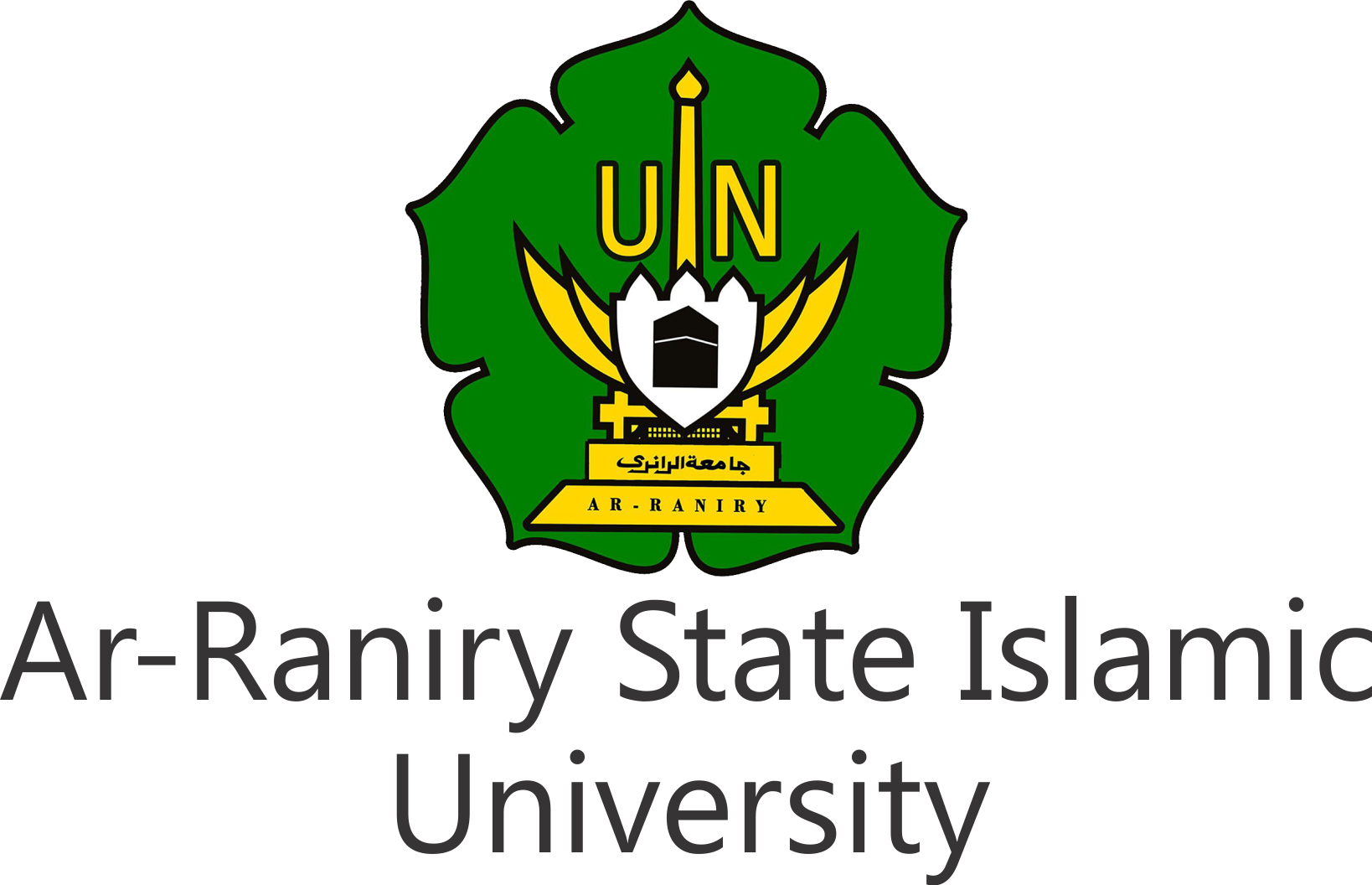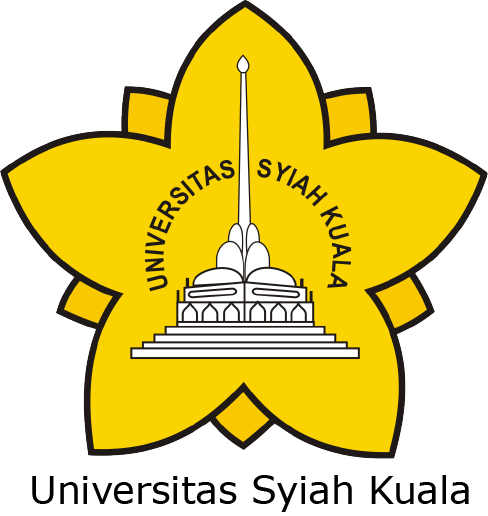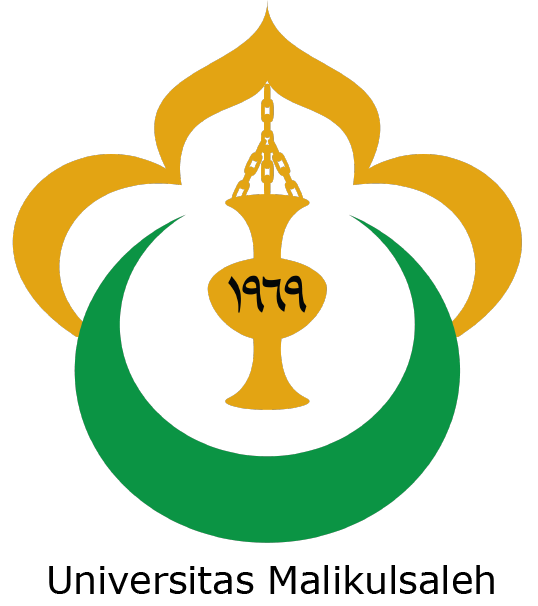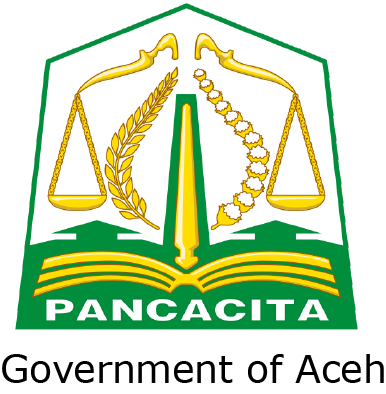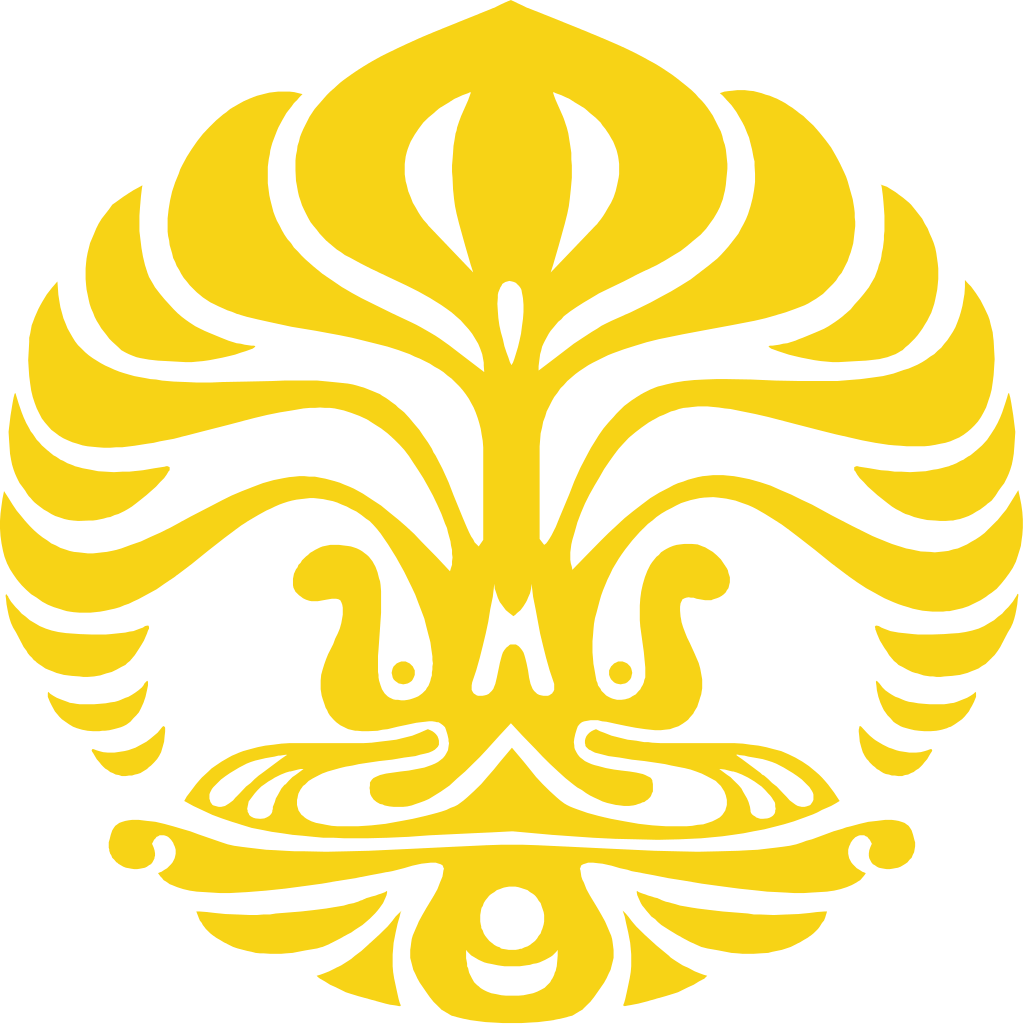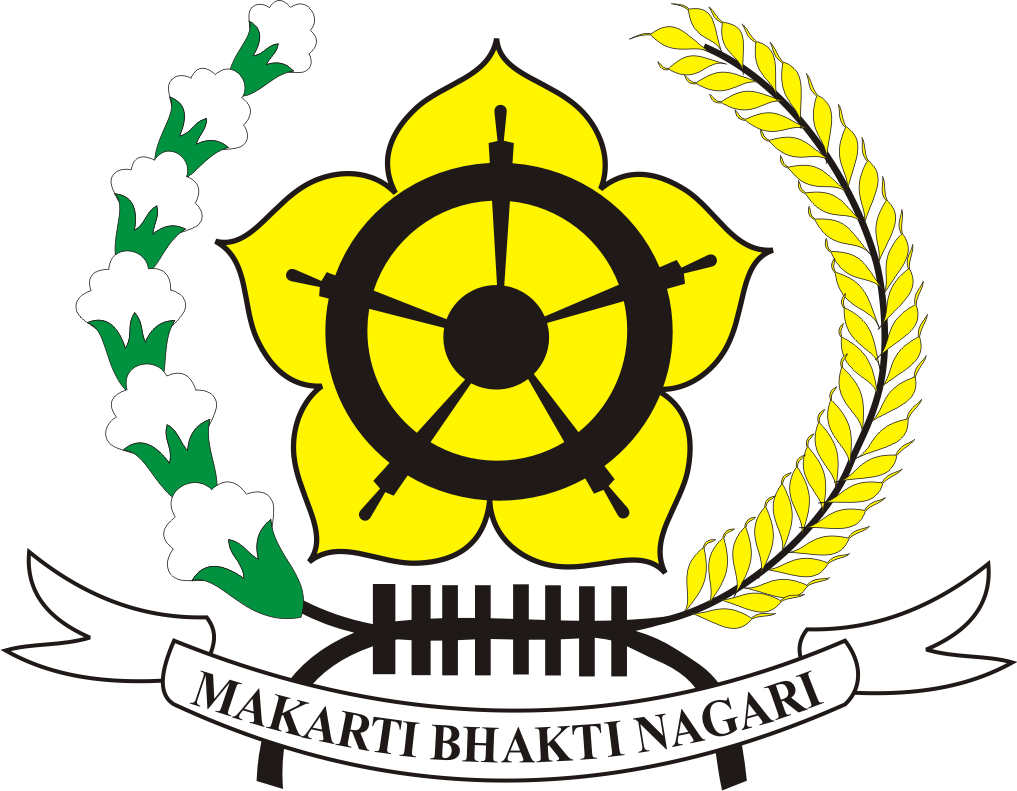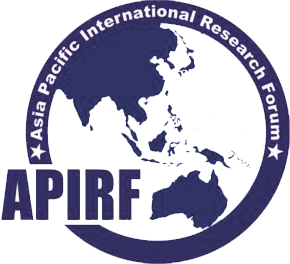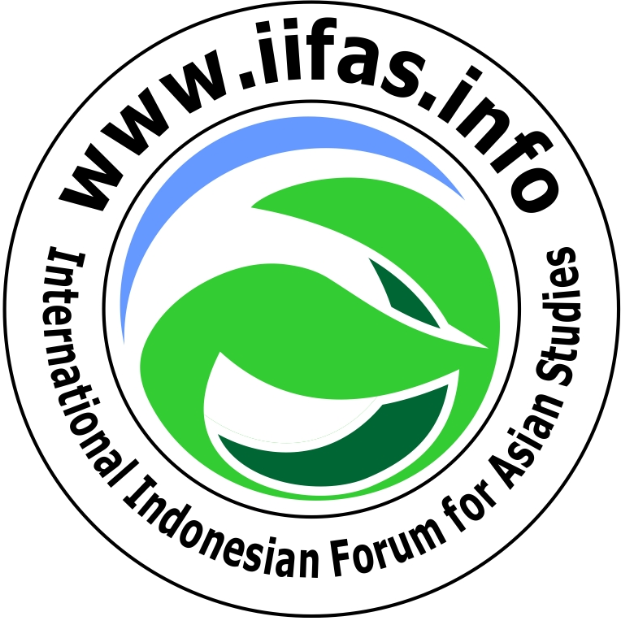The International Centre for Aceh and Indian Ocean Studies serves as the institutional foundation to maintain a permanent international scholarly presence in Aceh, facilitating ongoing research on both this region, and broader thematic issues that can be fruitfully examined in the context of contemporary Aceh. Furthermore, the Centre provides a valuable resource for the Acehnese intellectual community.
ICAIOS hosts research projects and individual scholars in Aceh, and provides essential academic infrastructure. It uses its resources to develop and maintain a quality library, website and database on Acehnese society, culture and history, in cooperation with local educational and cultural institutions. Other functions of the Centre include:
• Acting as a link between Aceh and international scholarly organizations by sponsoring visits, exhibitions, and lectures
• Holding regular conferences, and ensuring publication of the outcomes either electronically or in book form
• Training Acehnese personnel in research methods
• Placing Acehnese students abroad
For more information about ICAIOS, please visit their website at http://www.acehresearch.org/
Projects Areas for Development
Cultural Heritage Rehabilitation and Exploration
The rehabilitation of cultural heritage plays a vital role in the overall reconstruction of NAD, as it reconstitutes a sense of place, history and identity to hundreds of thousands of residents who were displaced and traumatized. Additionally, new found peace and stability bring new and exciting opportunities for local and international scholars to explore the tremendous history and prehistory of this pivotal region of Asia.
Islam, Law and Society
Recent political changes in Aceh and its relation to the Indonesian state have created new dynamics in evolving local understandings of the interaction between Islamic religious norms, local cultural practices, and formal legal structures in the province. This program will facilitate the work of local and international scholars studying these rapid and ongoing developments. Such research will be directed towards fostering greater understanding of the situation in Aceh, and developing nuanced and comparative understandings of contemporary issues of Shari’a implementation in other Muslim societies.
Tectonics, Seismology and Disaster Impact
Aceh, and the Sumatran subduction zone are a central part of global tectonic and seismic activity, and will go on being so. ICAIOS will be the ideal base for both on-site monitoring and analysis of earth movements, and conducting research into their destructive effects. This program will facilitate efforts to better understand seismic and tectonic activities, and to develop ways to maximize human safety in such volatile environments.
Conflict Resolution and Peace Studies
Aceh is one of the key Southeast Asian examples of both ethnic and social conflict, and successful measures to resolve such disputes. ICAIOS will host research projects focusing on both the impacts of the conflict in Aceh, and the long term sustainability of the peace process and political solutions that are in the process of being implemented. It is an ideal location for comparative studies of other areas of tension in the region, and we hope that the lessons of Aceh can provide useful models for conflict resolution around the world.
History, Culture and Language
This program will facilitate local and comparative historical and cultural research, assist in documentation, translation and dissemination of data, and promote an understanding of the languages, cultural traditions and local histories of Aceh. It will connect local cultural institutions and universities with international researchers and organizations, develop higher education, and make international scholarship more accessible in Aceh.
Economy, Environment and Disaster Relief
This program will use the reconstruction efforts in Aceh to focus on effective use of disaster relief, as well as the impact on the environment and economy of disasters and the human responses to them. It will also promote research on sustainable development that is sensitive to both the natural and built environment. It is essential that the lessons learned from Aceh contribute to post-disaster and conflict re-building efforts in other areas of the world.
Youth Engagement in Public Sphere
Post-tsunami and post-conflict Aceh witnesses increased youth’s interest into social issues. The millennial generation may have different approach to contribute to the society compared to the older generation. Instead of joining existing structured organizations, they establish loose youth communities that implement several small actions. As a digital native, they combine both internet-based and real-action activities. The youth group has a significant potential to contribute in establishing knowledge-based society. Therefore, ICAIOS is delighted to learn from and work with the youth. Reaching to the youth helps ICAIOS to maintain its youth spirit.
Conferences
ICAIOS began with an international conference in February 2007, at which scholars and potential patrons discussed the agenda of the Centre, and give further definition, momentum, and support to its various research initiatives.
Date: 08-09 Agustus 2016
Venue: Universitas Syiah Kuala, Banda Aceh, Aceh-Indonesia
Date: 17-18 November 2014
Venue: UIN Ar-Raniry, Banda Aceh, Aceh-Indonesia
Date: 9-10 June 2013
Venue: Lhokseumawe, North Aceh, Indonesia
3rd International Conference on Aceh and Indian Ocean Studies - “New Beginnings: Transformation on Post-Disaster and Post-conflict Regions”
Date: 25-26 May 2011
Venue: Syiah Kuala University in Banda Aceh, Indonesia
Date: 23 - 24 February 2009
Venue: Banda Aceh, Indonesia
Date: 24 - 26 February 2007
Venue: Banda Aceh, Indonesia


